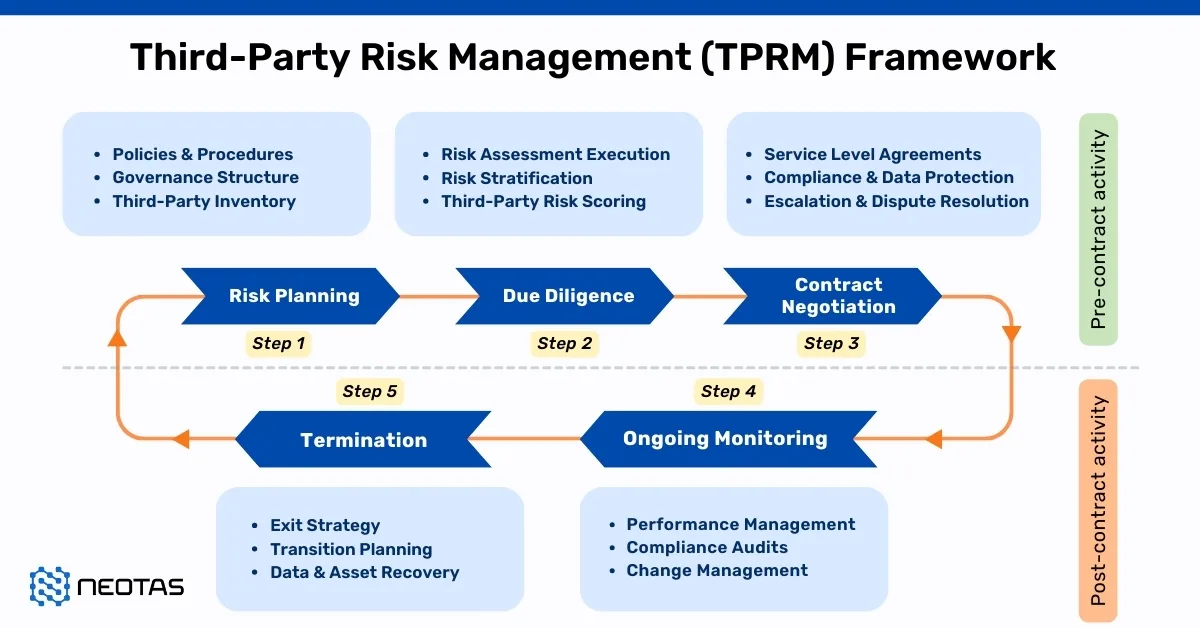The behavioural theories that underpin the regulators’ approach to mitigate misconduct, are also fundamental to driving success. If we focus on the behaviours that drive value in the long term, this will align interests of employees, managers, boards and shareholders with those of customers and simultaneously crowd out misconduct.
This long-term focus critically changes leaders’ priorities. It means that leaders need to articulate clearly what these long-term goals look like (rather than focus on short-term returns demanded by just one stakeholder – usually an activist shareholder, or the fund manager supposedly representing myriad silent small shareholder, such as pensioners, but often driven by personal targets. This requires the courage to define the fundamental values of a firm that will achieve those goals, and then challenge themselves to work out how to manage the drivers of those values.
These drivers are not backward-looking measures such as financial accounting measures, or HR defined metrics. They are behaviours that drive future outcomes and are the core levers by which leaders (at every level) may embed a Culture that will be both a safety net and an engine of success. At the UK Finance Conduct and Culture Academy (CCA) we explore the link between behaviours and financial value including how to build financial models that can be powerful tools for firms to deliver their strategy.
But what behaviours? Among others: collaboration, courage, self-awareness, active learning, conformity, accountability, temperance, a tendency to be outward looking, humility, innovation, and transparency (and their opposite pairings), not the simplistic outcomes (mis-selling, unauthorised trading) often at the core of Conduct Risk Frameworks. The FCA internal model of leadership characteristics includes these sorts of attributes with which it can assess leadership of the institutions it supervises, currently informally – and I imagine soon formally – under its Senior Managers & Certification regime.
Firms can rebuild frameworks, using a behavioural lens to articulate and reward these behaviours to stimulate the innovation and productivity that drives sustainable growth. Yet few firms make this core to their strategy, preferring to continue using or slightly tweak their existing frameworks, in some cases shoe-horning Conduct into a traditional Risk framework, rather than threading it through all activities. Why is this? Could it be fear of the different, or fear of accepting sunk cost as a loss? Yet the status quo has hardly been a paragon of success.
“Fear” was a key topic of discussion at the FCA CEO roundtable in November. Although some leaders are starting to view fear as a cultural impediment to business success, many still talk more about their own fear of failure by themselves or others, or of issues they cannot control, such as Brexit.
These responses reflect findings from recent research and surveys on behaviour and culture at board level. For example, the propensity for leaders to overestimate their abilities to measure and manage culture, even though they recognise it as key to success.
Fear of unfair blame or criticism (e.g. under SMCR) tends to suppress the right behaviour, even though behavioural research by the likes of Dan Ariely demonstrates that the ability to admit failures reduces the likelihood of recurrence. Such honesty can only be in the best interests for all stakeholders of any industry, and society.
Yet this cognitive bias may cause managers to ignore the behavioural drivers that ultimately will cause their bank to trip up or lose them the opportunity to foster those that will drive sustainable success. The courage to recognise cognitive bias is the first step for leaders to manage it and so ensure sustainable value to the firm.
At the CCA, we explore the growing discussion on Culture in Banking amongst regulators. On the surface, it may be the only way the regulators can supervise and control a constantly changing, complex interdependent global industry that constantly seems to find new ways to demonstrate misconduct. But, if we switch to the other side of the coin, courage to learn how to manage Culture proactively can in fact drive sustainable value, rather than just prevent regulatory loss.
>>> END OF PART 1 >>>
Stay tuned for PART 2 of the Courage, Culture and Conduct series: “Countering Cognitive Bias” > live updates here
First published on www.neotas.com > helping organisations to harness digital intelligence, evidence compliance and mitigate people risk.
______________________________________________________________________________
About this Series:
The concepts in this series and some of the new tools available to manage culture will be discussed further at the UK Finance Culture eats Strategy for Breakfast event on 14 March for Board level executives. They will also be explored in more detail within the fourth cohort of the Conduct and Culture Academy beginning at the end of March.
About the Author:

Patrick Butler is co-founder of the Conduct and Culture Academy at UK Finance and founder of Calitor Limited. A former Diplomat, Investment banker, Operating Officer, Head of Compliance, he now advises and coaches senior management and future leaders to enhance behavioural understanding underpinning practical solutions to meet the changing regulatory landscape and build competitive advantage.
View the Free Webinar >> Managing Culture to Deliver Strategic Success: Converting the Regulatory Imperative into Business Success.
















